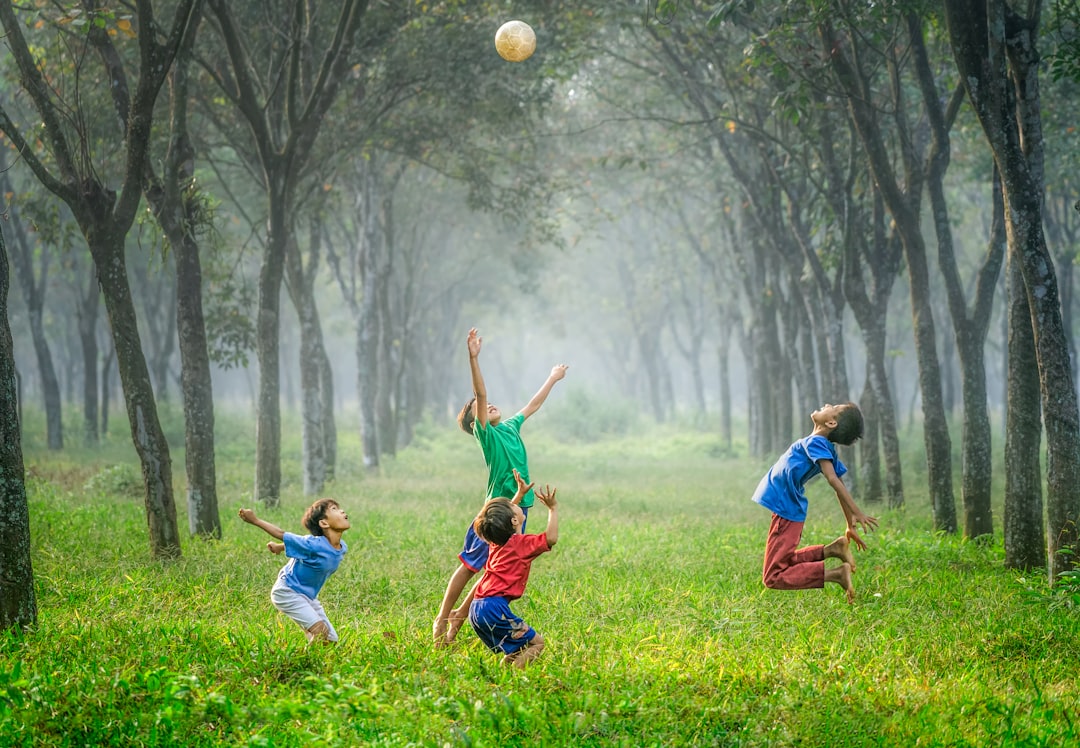What is it about?
In the paper it is analyzed how differences between participants voices challenge their reflexive awareness and lead to the reproduction of contextual power and knowledge hierarchies and the concomitant silencing of particular participants.
Featured Image
Why is it important?
In research policy and practice, collaborative knowledge production are increasingly uncritically considered to be sites for mutual learning. The authors suggest that it is relevant to introduce a more critical-reflexive approach to collaborative knowledge production which focuses on the operation of power in co-learning resulting from tensions that arise in dialogue across different knowledge forms, knowledge interests and power hierarchies.
Perspectives
The paper contributes to critical-reflexive analyses of reflexive processes within collaborative knowledge production. Using an analytical framework combining Bakhtin and Foucault makes it possible to investigate processes of inclusion and exclusion in the interplay between dominant and subordinated voices in a moment-by-moment analysis of two incidents from interdisciplinary workshops. Thereby the authors can discuss their own and the other participants contribution to the knowledge which is (re)produced in the two workshops.
Birgitte Ravn Olesen
Roskilde Universitet
Read the Original
This page is a summary of: A critical reflexive perspective on othering in collaborative knowledge production, Qualitative Research Journal, February 2018, Emerald,
DOI: 10.1108/qrj-d-17-00007.
You can read the full text:
Contributors
The following have contributed to this page










